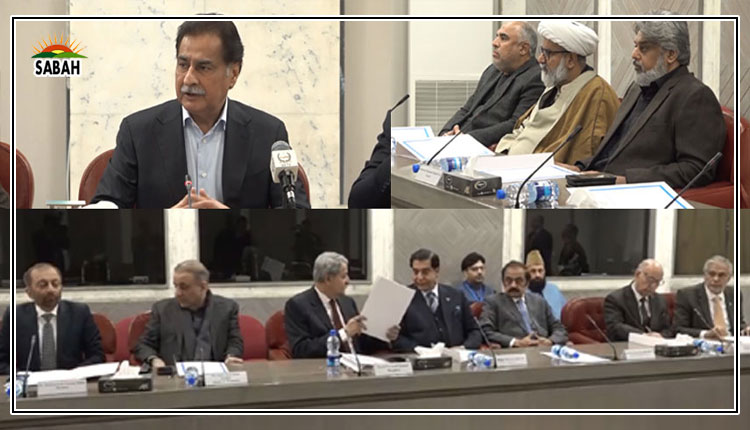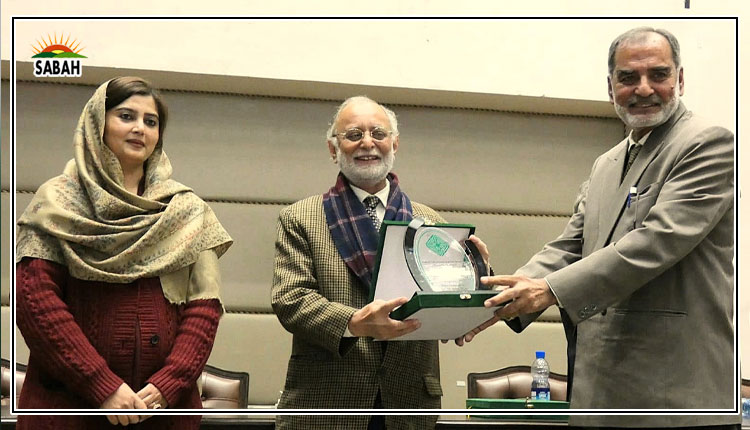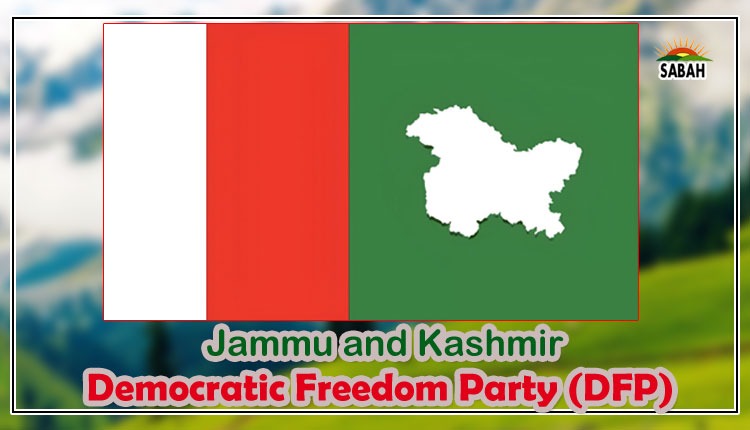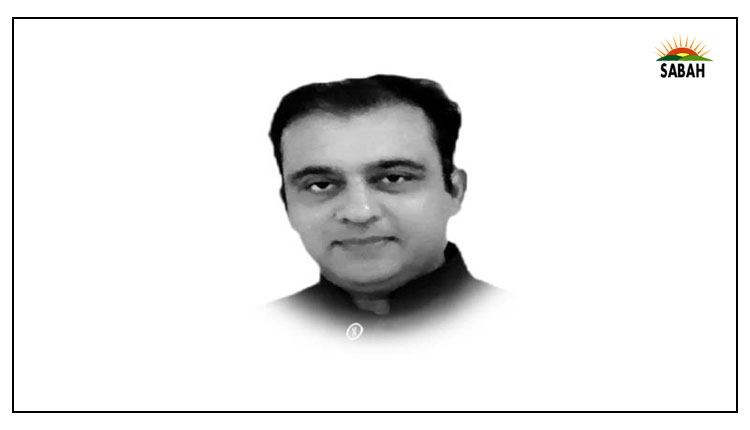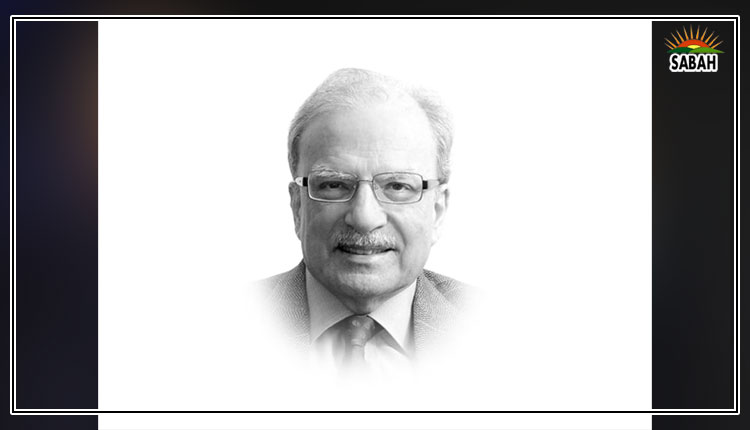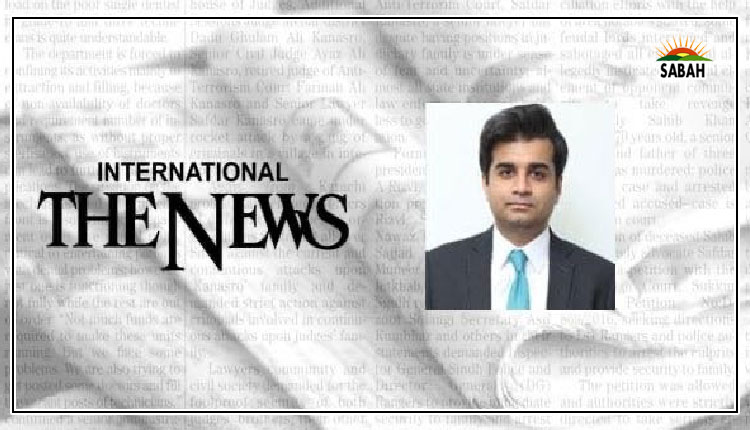Governance failure and inflation ۔۔۔۔Ammar Habib Khan
The famed American artist, The Notorious B.I.G, exclaimed that “the more money we come across, the more problems we see”.This also resonates with how the government has been managing the country’s finances by perpetually borrowing more money.
Successive governments and central bank governors have spectacularly failed in taming inflation over the last three decades.Lack of coordinated fiscal and monetary policy responses, coupled with the complete inability of the central bank to keep inflation within target range has led to a scenario where the country is on the verge of a hyperinflationary cycle.
Inflation for March 2023 clocked in at 35 per cent, which is amongst highest ever levels.For the more vulnerable segments, inflation is close to 50 per cent, as food prices spiral out of control.A lazy excuse of policymakers both on the fiscal and monetary side is blaming a commodity super cycle for any price increases, while completely ignoring the catastrophic decisions that fueled inflation, some of which include incessant obsession with disrupting supply chains (thereby leading to shortages) and by racking up debt to bridge fiscal deficits that are a function of bad governance and inability to expand the taxation net.
The tax authority celebrates some record growth in tax collections, while that growth remains considerably lower than inflation.As tax collection can’t even keep pace with inflation, the deficit is only bound to increase further which means the state is going to borrow more to bridge the ever-increasing deficit.
The evolution of inflation during the last few quarters can be traced back to the surge in commodity prices globally, which led to a completely absurd decision to subsidize fuel prices, effectively encouraging consumption when prices are increasing.
Precious foreign exchange reserves were spent without taking into consideration strong signals indicating a global monetary contraction, which would not just increase the cost of funding for Pakistan but also make access to debt more difficult. Since we aren’t the type of people who learn from mistakes, we doubled down on maintaining an overvalued Pak rupee, and wasting more precious foreign exchange reserves to maintain an arbitrarily low value of the Pak rupee against the US dollar.
As foreign exchange reserves dropped significantly, the policymakers trying to outdo their earlier not-so-smart maneuvers started rationing foreign exchange reserves, thereby restricting availability of the same for import of raw material or intermediate goods, etc. This had a snowball effect as that disrupted supply chains across all industries.
As industries lost access to imports, they started reducing production and eventually shutting down, resulting in an increase in unemployment. The inability to import animal feed, or seeds, or other critical inputs led to a cascading effect on the food supply chain. Even though the global commodity surge cooled down, disruption of the local supply chain resulted in shortages, which fueled inflation.
None of this can be deemed as a surprise. Instead of fixing supply chains, the government further reallocates capital towards subsidized food and handouts, further leading to depravity and more recently loss of human life due to ill-planned, and often selfish maneuvers.
Our policymakers still do not seem to have any plan. The State Bank continues to print more money to throw at the problem, without realizing that printing more money does not fix supply chains. Managers of the fiscal policy refuse to expand the tax net, and continue to further squeeze the already taxed, resulting in the emergence of a dynamic wherein there is a disincentive to invest or operate in the formal economy.
As food inflation continues to increase unabated and may stay elevated given the complete breakdown of supply chains, another round of inflation due to an increase in wages will follow. The upcoming budget may potentially (and justifiably) increase salaries, and pensions, thereby further expanding the fiscal deficit. The inability to expand the revenue base will eventually lead to the state borrowing more to bridge the deficit, further fueling the debt spiral. The inability to expand the tax net eventually means that the most vulnerable segments bear the burden of those same taxes through inflation, which makes inflation the worst kind of tax.
The road to disaster is paved with good intentions, and incompetence. We can have the best intentions, but a bad policy or a never-ending string of bad policy decisions cannot rectify incompetence. Policymakers on all sides of the policy spectrum have failed the people of the country. Their inability to accept they have failed will lead to further disaster. There is no course correction that is being worked out, nor is there a captain of the ship to steer the course. The Titanic is sinking, and those at the helm are shuffling chairs on the deck.
The government and its functionaries have failed the people and if there is no course correction, they will fail future generations as well. If things continue on a status-quo basis, we cannot rule out hyperinflation that may lead to further erosion of purchasing power of the most vulnerable segments, and further push them deeper into poverty.
The social costs of this can potentially push the country towards an even bigger human catastrophe, something that the myopic vision of those at the helm can’t really comprehend at this stage or never comprehend.
The writer is an independent macroeconomist.
Courtesy The News


